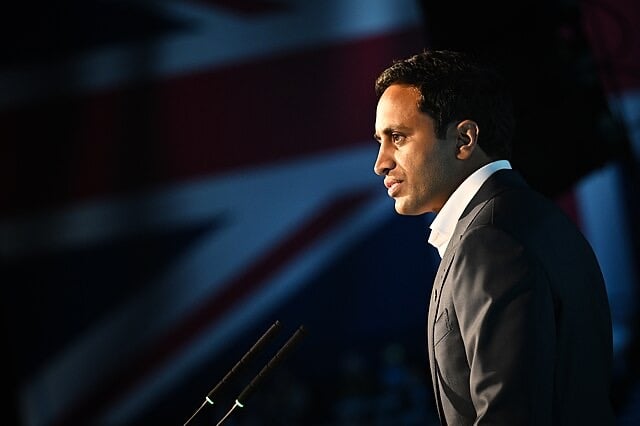What Sparked the Flag Controversy?
Reform UK has lit a political firestorm after Zia Yusuf announced that all buildings under Reform-led councils will fly only the Union Jack or the St George’s Cross. The announcement, made just days after the party’s dramatic gains in the May 1 local elections, has angered some Conservative MPs who accuse Yusuf and Reform of “cultural vandalism.” The directive prohibits the flying of any other flags—county, political, or symbolic—on council buildings, which some see as an attack on regional and minority identities.
The Political Climate Post-May 1 Local Elections
The local elections marked a major breakthrough for Nigel Farage’s Reform UK, with the party taking control of ten councils in a sweeping “turquoise tidal wave.” With increased political influence, Reform appears to be implementing a culture-forward agenda focused on nationalism, identity, and traditional British values—starting with the flag.
Zia Yusuf’s Flag Decree for Reform-Run Councils
What Yusuf Said and Where It Applies
In an interview with GB News, Zia Yusuf made it clear: “The only flags permitted to be flown on or in [Reform-run] buildings will be the Union Jack and the St George’s flag. No other flags will be permitted on flagpoles, balconies, reception desks or council chamber walls.” This new policy affects all ten local authorities won by Reform UK on May 1. These councils, now under new political leadership, are expected to adopt the measure quickly.
Counties Affected by the New Flag Policy
While the exact list of councils has not been officially released, they span counties with strong regional identities. From East Midlands to parts of Kent and the North, the shift could mean local county flags and banners—some of which have flown for centuries—will be replaced by national symbols only.
Reform UK’s Response to Backlash
Dismissing Tory Accusations as “Lies”
Reform UK quickly hit back at criticism from Tory MPs, calling it “dishonest spin.” A party spokesperson claimed the policy was being mischaracterized and said critics were distorting the facts to “distract from their own failures in local government.” They argue that the flag policy is a clear assertion of national unity, not an act of erasure.
Why Reform Says Flag Policy is About Unity
Yusuf defended the move as a step toward reinforcing a “cohesive national identity.” He argued that council buildings should be free from political messaging or regional divisiveness, saying the Union Jack and St George’s Cross are unifying, not exclusionary. “We are one nation. Our councils should reflect that,” he said.



